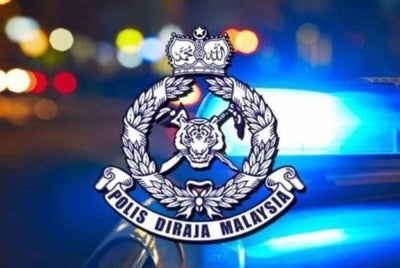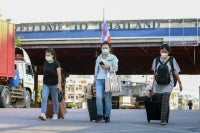Cyber wreckers wrecking the lives of Korean idols and actors
What some dismiss as mere internet noise has, in reality, pushed many to severe anxiety, panic attacks and even suicide.
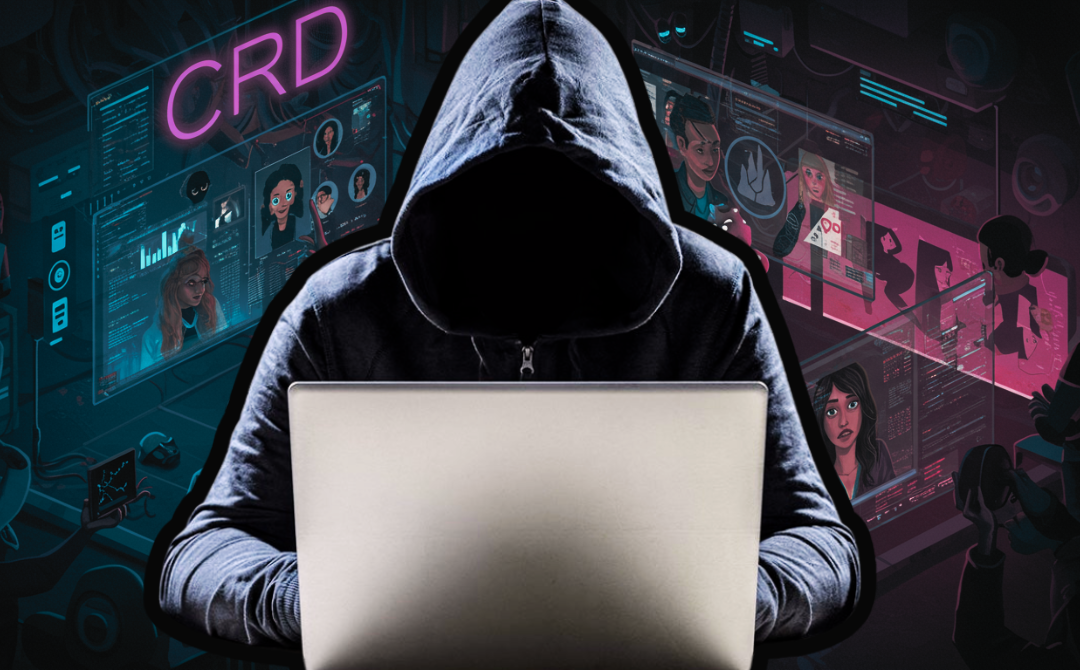
SHAH ALAM – In today’s digital world, where everything is just a click away, malicious actors manipulate and destroy lives.
The rise of cyberbullying has created a toxic space where public figures become prime targets of online harassment, affecting their mental and emotional well-being. What some dismiss as mere internet noise has, in reality, pushed many to severe anxiety, panic attacks and even suicide.
Celebrities, adored by millions, are also deeply vulnerable to online hate.
Cyber wreckers—individuals who spread lies, incite hatred, and make false claims—fuel public scepticism about their integrity and sanity.
No matter how famous, everyone has emotions and a breaking point. Behind the glamour, they are human beings suffering at the hands of online trolls.
Cyber wreckers, manipulating and destroying lives
Cyber wreckers deliberately spread harmful content to manipulate public perception, attack individuals, or create chaos online. Their tactics include fake news, deep fakes and smear campaigns, often driven by political motives, personal vendettas, financial gain, or pure malice.
Whether political operatives, hackers or paid trolls, they destabilise the digital space, eroding public trust and causing real-world harm. In South Korea, cyber wreckers have proven especially devastating.
Celebrities frequently face online harassment, leading to career sabotage and, in many cases, suicide. The mental toll is severe, comparable to traditional bullying.
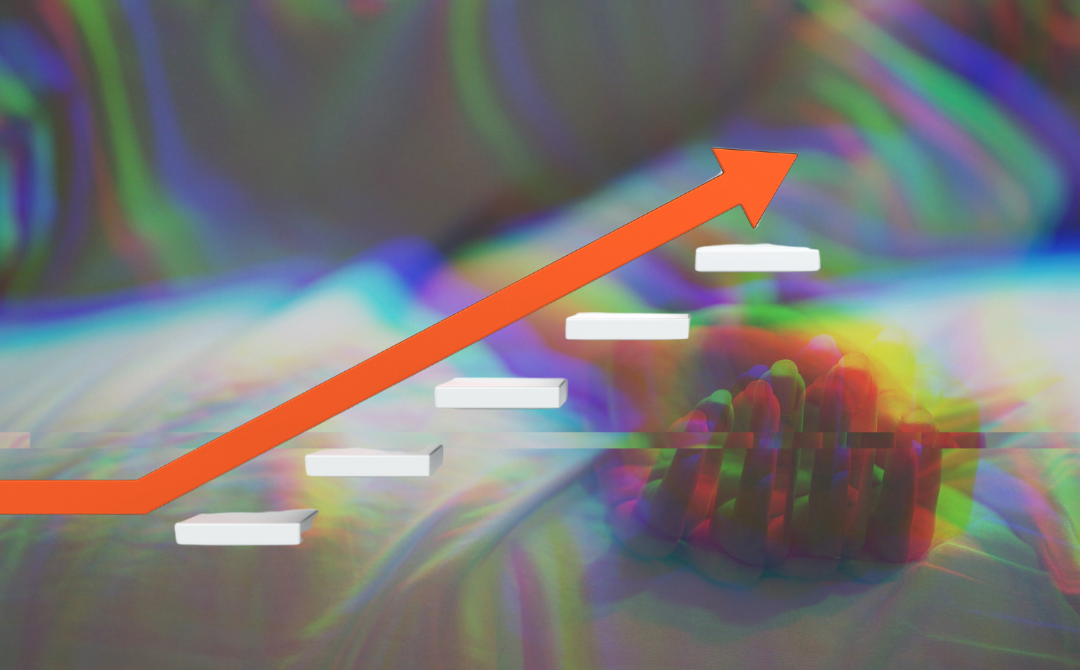
In fact, a study by the National Suicide Prevention Centre revealed that South Korea has the highest suicide rate among major advanced nations, with nearly 13,000 people taking their lives in 2022 alone. While the rate dropped slightly that year, it remains disturbingly high, particularly when compared to other countries such as Lithuania, Japan and Belgium.
According to the data from Statistics Korea, 24.1 out of every 100,000 people died by suicide, a figure that highlights the depth of mental health struggles within the country. In particular, men were found to have a higher suicide rate than women.
Cyber wreckers have contributed to this epidemic by pushing vulnerable individuals further into the abyss of isolation and hopelessness, leaving them with few options other than to succumb to the cruelty that has been thrust upon them.
Cyber wreckers claiming the lives of Korean celebrities
On Feb 16, the tragic loss of South Korean actress Kim Sae-ron has added to the disturbing number of celebrity who took their own lives. The 24-year-old star of Bloodhounds was found dead at her home in Seoul's Seongsu-dong district and investigations confirmed her death was a suicide.
Kim, once considered one of South Korea's most promising young talents, faced a steep decline in her career following a 2022 drink-driving incident leading to a power outage and a police investigation.
With a blood alcohol content of 0.2 per cent, her driver's license was revoked, and she stepped down from a role in a TV drama.
The public backlash was harsh, as South Korea holds high moral expectations for celebrities, particularly concerning drunk driving offences.
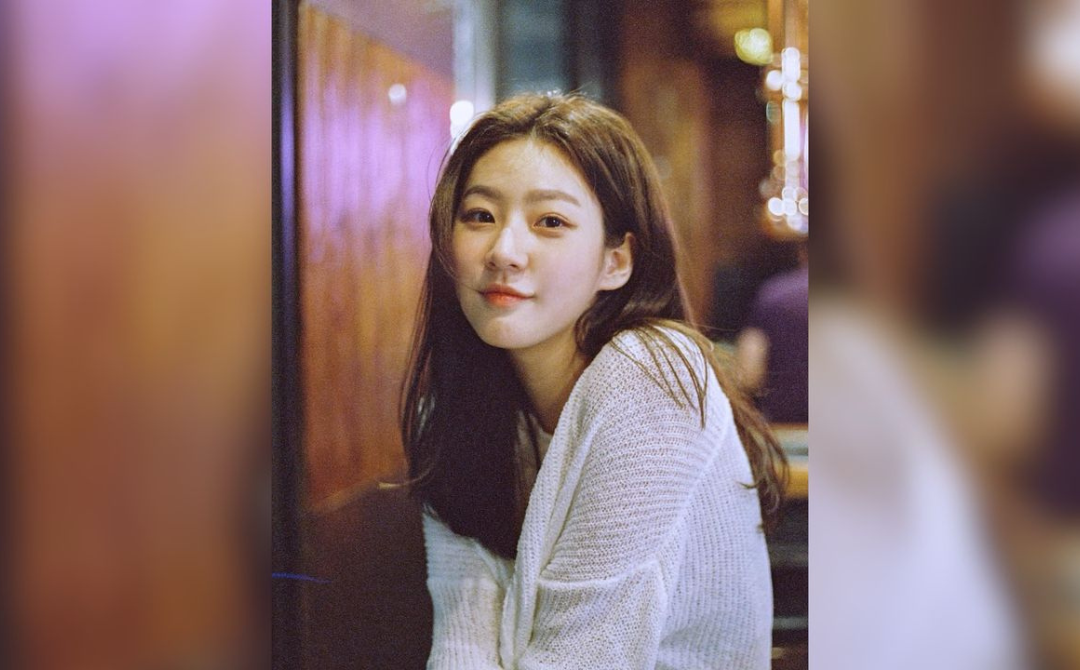
Some fans believed she was a victim of "cancel culture," making it difficult for her to make a comeback despite her attempts at redemption.
Reports also suggest that Kim suffered severe emotional distress due to relentless online criticism, particularly from a YouTuber known for exposing celebrities.
According to Times Now, Kim's father alleged at her funeral that a particular YouTuber's criticism significantly contributed to her distress.
The YouTuber had uploaded a video scrutinising Kim's wedding-themed social media photos, questioning her sincerity in self-reflection following her DUI scandal.
Following news of Kim's death, the YouTuber reportedly deleted or set to private all related videos.
He had previously claimed that Kim was working at a café due to financial struggles, further fuelling negative public discourse. Kim's family is reportedly gathering materials for potential legal action.
On social media platform X, users have expressed outrage. One user, @LiaZshy, directly accused Lee Jin-ho, stating, "Kim Sae-ron's father has revealed that cyber wrecker Lee Jin-ho was the reason for his daughter's passing. Report him."
Other K-entertainment figures lost to tragic circumstances
Kim’s passing is part of a concerning trend in South Korea's entertainment industry, where intense scrutiny, cyberbullying, and societal pressures have led to the loss of many prominent figures.
Previously, Lee Sun-kyun, known for his role in Parasite, was found dead in his car on Dec 27, 2023, with a charcoal briquette nearby, a method commonly associated with carbon monoxide poisoning. He had been under investigation for alleged drug use and faced intense media scrutiny.
Sulli, formerly of f(x), was known for her outspoken views on women’s rights but endured relentless cyberbullying. She was found dead in her home in 2019 at the age of 25.
Goo Hara, a member of Kara, took her own life in the same year after facing public harassment and a legal battle with an ex-boyfriend.
Kim Jong-hyun, the lead singer of SHINee, died by suicide in 2017, leaving behind a note that detailed his struggles with depression and the pressures of fame.
Cha In-ha, a young actor, passed away at the age of 27, shortly after Goo Hara’s tragic death. Moonbin, a member of Astro, was found dead at home in April 2023 at the age of 25.
Haesoo, a singer, left behind a suicide note before passing away at 29.
Song Yoo-jung, an actress, passed away in 2021 at the age of 26, though the cause of her death was undisclosed.
Park Yong-ha, best known for Winter Sonata, took his own life in 2010 at the age of 33.
Woo Hye-mi, also known as Miwoo, was a singer-songwriter who was found dead in 2019 amid struggles in her career.
What to do
These recurring tragedies highlight the immense pressures that South Korean celebrities face, from public expectations and industry scrutiny to relentless online harassment.
The entertainment industry, alongside mental health advocates, continues to push for better support systems to prevent further loss of life among artists struggling with personal and professional hardships.
Encouraging open conversations about mental health can help reduce stigma and create a supportive environment. If you notice signs of distress in someone, offering a listening ear and guiding them toward professional help can make a difference.
If you or someone you know is struggling with mental health issues, it's important to seek help. In Malaysia, you can reach out to organisations such as Befrienders KL (03-7627 2929), Talian Kasih (15999), or the Mental Health and Psychosocial Support Services (MHPSS) hotline (03-2780-6803) for support and guidance.
Download Sinar Daily application.Click Here!



